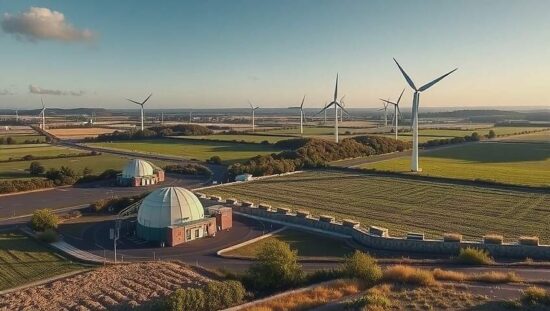The head of Germany’s state-owned KfW development bank, Stefan Wintels, has advocated for enhanced European energy autonomy and proposed the construction of a hydrogen pipeline connecting Spain and Germany. In an interview with the “Neue Osnabrücker Zeitung”, Wintels emphasized the importance of avoiding the creation of new dependencies while reducing reliance on historical sources. He believes this necessitates a distinctly European approach to energy policy.
Wintels expressed skepticism regarding the feasibility of large-scale domestic hydrogen production along Germany’s North Sea coast. Achieving green hydrogen-powered industrial processes, particularly in sectors like steel manufacturing, will likely require significant imports, he stated. Spain, benefiting from abundant solar resources, is uniquely positioned to achieve “zero border costs” for energy production.
The financial viability of hydrogen projects, according to Wintels, isn’t primarily driven by technological advancements. Rather, the crucial factor hinges on the capacity to produce green energy at extremely low costs and process it using scalable infrastructure. Furthermore, the potential for export, potentially through ammonia, will contribute to overall project success. While acknowledging the defined path forward, Wintels conceded that entrepreneurial ventures remain subject to inherent uncertainties.





